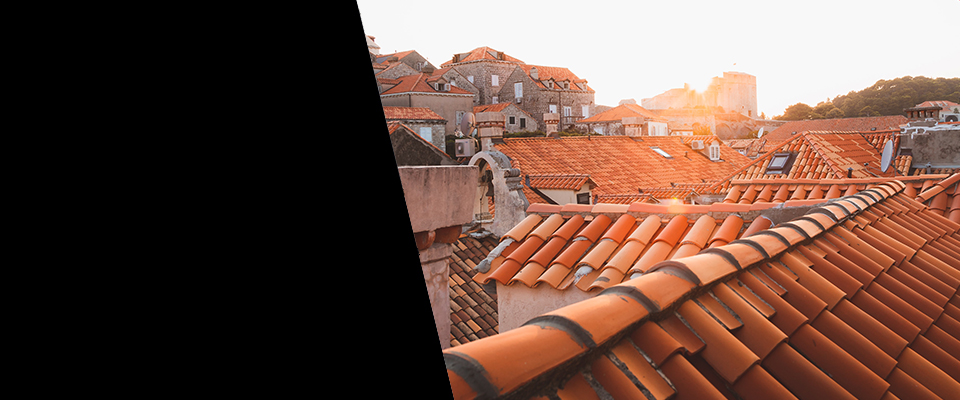Roofing Contractors
Do you need a roofing contractor? We know you have a choice when it comes to which roofing company you’ll pick. The fact is that we want it to be us and we’re willing to go the extra mile to make sure that it’s us. If superior workmanship, fair prices, and expert services are what you’re looking for, then call us today.
A Roofing Company You Can Rely On
Wouldn’t it be great to work with a roofing contractor who’s capable of working on your roof in a fast and efficient manner? The great thing is that you’ll get just that from our contractors. We have many years of experience in the roofing industry, which is why our roofing companies have a satisfied customer base. Our roofing professionals can help you with your roof, no matter what type of roofing issues you may be having.
Proudly Serving You!
We pride ourselves on providing the best roofing contractor services in your area. No job is too big or too small for our team of experienced professionals. The roofers who come to your house will be courteous, pleasant, and professional. We know the maintenance of your home is important to you and that’s why we’ll do our very best to make sure our roofing services exceed your expectations. No other roofing company will offer you the same level of service that we will.

